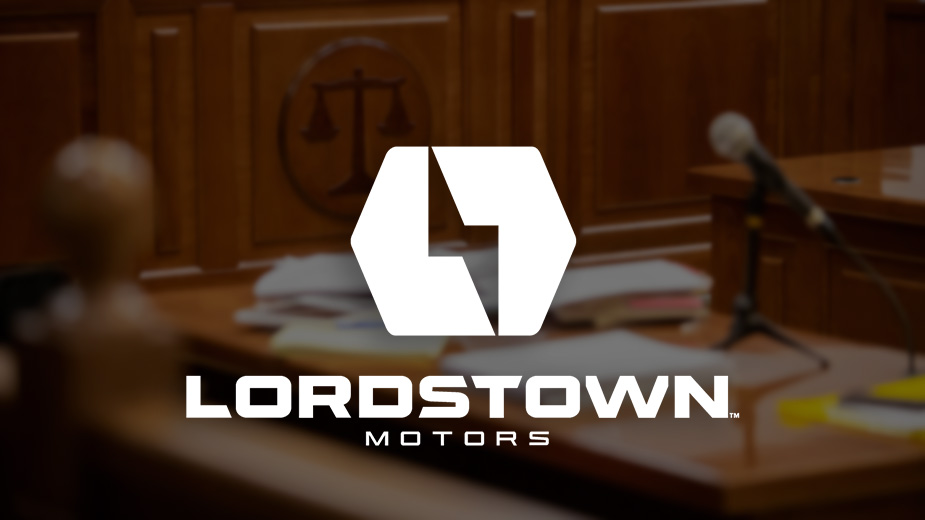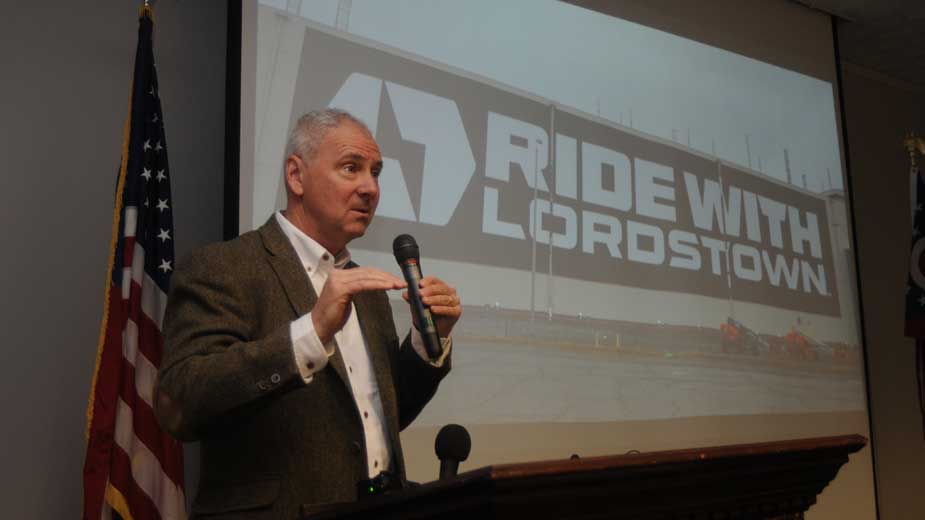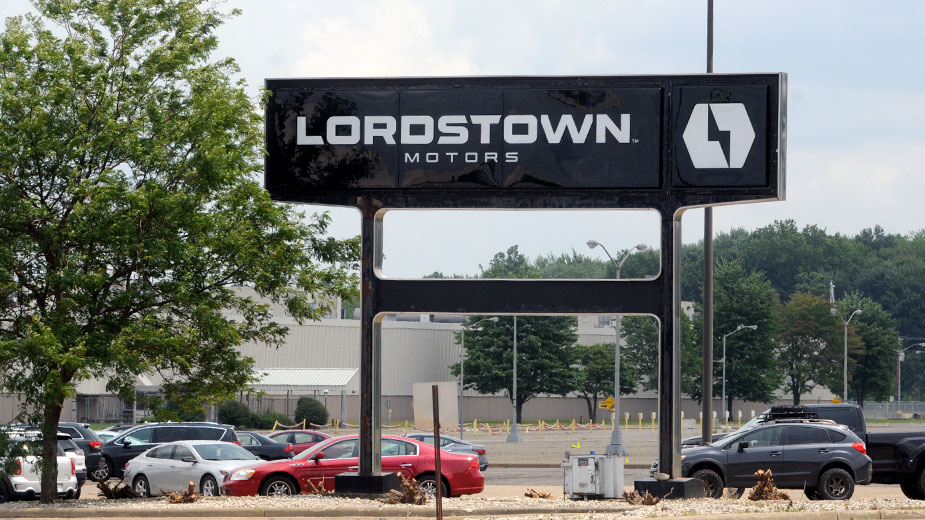Judge Confirms Lordstown Motors Chapter 11 Exit Plan
YOUNGSTOWN, Ohio – The “extremely contentious start,” as the attorney for Lordstown Motors Corp. put it, to the failed EV startup’s Chapter 11 bankruptcy essentially ended Tuesday with what an attorney for defrauded shareholders described as a “kumbaya moment.”
Indeed, even Judge Mary F. Walrath expressed amazement that nearly all parties in the case had “overcome all the obstacles … despite all odds and my internal prediction,” she said.
Walrath offered her observations at the conclusion of a 90-minute hearing in U.S. Bankruptcy Court in Delaware in which she confirmed Lordstown Motors’ third amended Chapter 11 plan of reorganization, finding the company is eligible for discharge of its liabilities.
The hearing began with attorney David Teretsky terming the plan “largely consensual,” the result of “months of hard-fought negotiations.”
On July 27, 2023, when Lordstown Motors filed Chapter 11 and concurrently sued Foxconn – its former landlord and investor – claiming fraud in a related adversary proceeding, “We faced numerous issues and loud dissenting voices,” Teretsky said. “It’s remarkable that all these parties were able to come together and resolve these issues.”
The cascading series of settlements began with Lordstown Motors agreeing to pay Karma Automotive $40 million to settle its $1 billion trade secrets claim. Settlements subsequently were reached in lawsuits brought by shareholders who accused Lordstown Motors’ former officers and directors of fraud.
On March 1, Lordstown Motors agreed to a cease-and-desist order by the SEC and disgorgement of $25.5 million to resolve the class action lawsuits. On Monday, Lordstown Motors agreed to pay $15.5 million to end additional shareholder litigation over the merger of the company with DiamondPeak Holdings Corp. in 2020, which took the startup public.
“This was an incredibly complex case. … A case that provides this much recovery to securities claims is unusual,” said the attorney representing plaintiffs in the Ohio Securities class action case. Throughout months of negotiations, he observed, he thought it unlikely there would be “a kumbaya moment like we have right now.”
Even Lordstown Motors and Foxconn were able to negotiate an agreement whereby Foxconn would retain its preferred equity rights yet also provide a $5 million “backstop” to help pay $10 million to Ohio securities class action plaintiffs.
Still, Foxconn’s attorney told Walrath that the Taiwanese company still plans to “fully decide the adversary proceeding.” It has filed a motion to dismiss Lordstown Motors’ fraud claim. A hearing date has not been set.
Lordstown Motors anticipates emerging from Chapter 11 with $78.4 million before making distributions to creditors, who will be paid in full, and shareholders, or reserving for future legal claims.
The reorganization plan also preserves “substantial tax attributes,” said Daniel A. Ninivaggi, Lordstown Motors executive chairman, “which include approximately $993.2 million in federal and $880.3 million in state and local net operating losses as of Dec. 31.”
And the plan preserves, post-bankruptcy, Lordstown Motors’ ability “to conduct business, including prosecuting [former officers and directors], engaging in such business as the new board may determine and pursuing transactions that may maximize the value of the tax attributes and other assets,” Ninivaggi said.
Before approving the confirmation plan, Walrath heard the sole remaining objections, one from a shareholder, which she quickly dispatched, and the other from the U.S. Trustee, who objected to the fact that Lordstown Motors will continue to do business post-bankruptcy, but not by making electric pickup trucks.
The judge found no fault with the company’s intent “to proceed by merger or acquisition and acquire a business that will allow it to utilize its NOL [net operating losses].”
“I don’t think we would require asbestos manufacturers to operate that kind of business and get discharged [from Chapter 11],” Walrath said.
“The debtor has climbed the mountain and shown it is likely to achieve what it puts its mind to. I clearly find this plan is feasible and meets all the qualities for a discharge.”
Copyright 2024 The Business Journal, Youngstown, Ohio.


